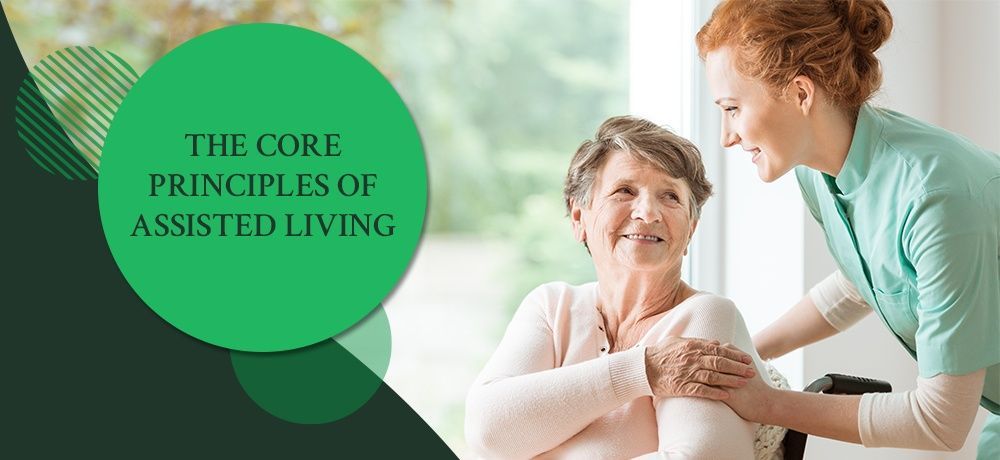The Core Principles of Assisted Living
The Core Principles of Assisted Living

In our assisted living, we focus on and celebrate the 4 C’s - Care, Community, Competency, and Connections.
Unwavering Care for each resident is at the heart of our assisted living approach. Our caregivers are dedicated to knowing and understanding the unique needs of every individual in their care and providing compassionate, personalized care that enhances their health, well-being, and quality of life. The secret of providing great care for our residents is in caring for our residents. That is our primary focus.
A strong and vibrant Community makes all the difference in how our residents greet the day and are generally happy and content. We like to say that everyone at The Retreat at Church Ranch is responsible for the “energy under the roof.”
It is said that “Being old is not for the faint of heart.” There is ample frustration as everything gets more difficult, and chronic pain or other health problems become a part of daily life. The antidote to this is knowing that competent and positive staff will deliver care when called. This alleviates the fear and uncertainty of living in a frailer situation. We cannot understate how important this is in maintaining a positive attitude and living well in the community. It’s about TRUST.
Competency comes with experience, training, and a devotion to respect, serve, and contribute to the Mission of the Retreat at Church Ranch. Our mission is:
Creating communities of love and support that include staff, residents, and family members. Respect and service lay at the heart of our mission to provide the very best care. At the Retreat, we honor one another above ourselves and serve wholeheartedly



